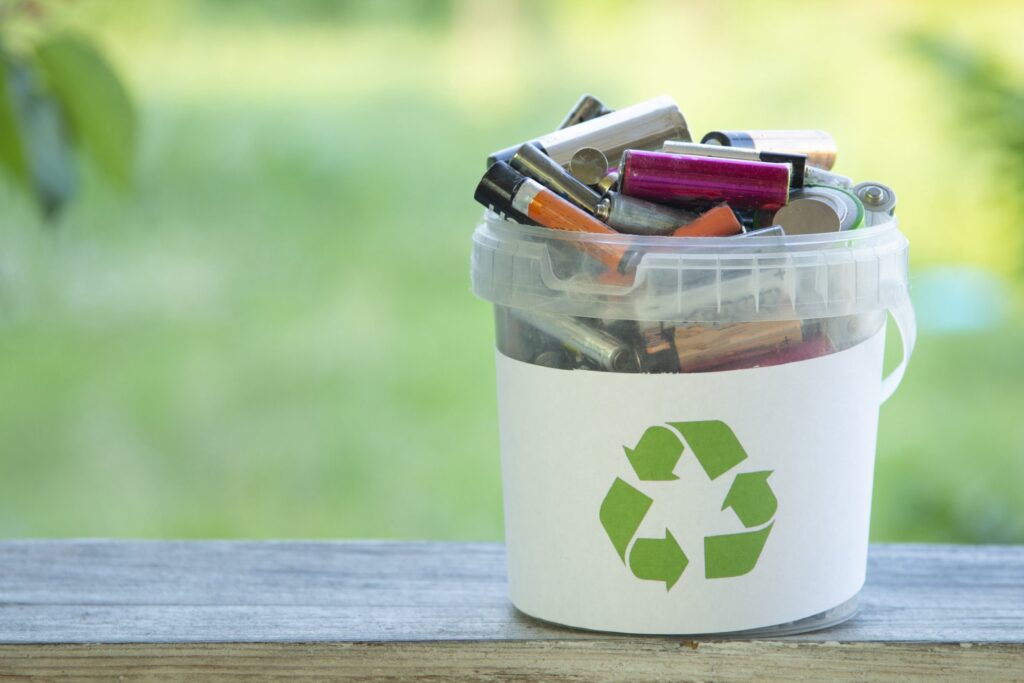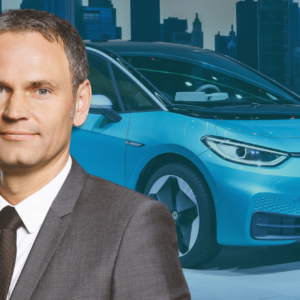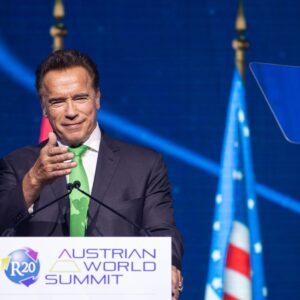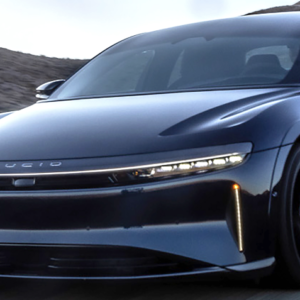
As the electric vehicle (EV) revolution gains momentum, it’s driving us toward a future where transportation is cleaner and greener. Yet, this bright vision is clouded by the environmental toll extracted by the mining, processing, and eventual disposal of battery materials. Beneath the surface of innovation, a critical challenge emerges: the sustainable management of battery life cycles. Major EV manufacturers like Volkswagen, Mercedes, Tesla, Lucid, and Toyota are now confronting this issue, recognizing that the path to a truly sustainable EV industry requires tackling the environmental impact head-on—not just for the planet’s sake but as a strategic economic imperative.
Volkswagen Group’s Circular Ambition
Volkswagen has set its sights on achieving a closed-loop battery cycle by 2030, a goal driven by both environmental stewardship and economic strategy. At their Salzgitter plant, which stands as Europe’s largest lithium-ion battery recycling facility, Volkswagen is pioneering the recovery of valuable metals such as nickel, cobalt, and manganese. This initiative doesn’t just lighten the environmental footprint; it promises substantial cost savings by reducing the need to source virgin materials. Moreover, Volkswagen’s approach offers a hedge against the unpredictable price volatility of these critical commodities, securing more stable operational costs.
Mercedes-Benz: Recycling for Revenue
Mercedes-Benz has recognized the untapped financial potential within closed-loop recycling systems. Through partnerships with Redux and Rock Tech Lithium, Mercedes is refining a cost-efficient recycling process for their EQ battery line. This strategy diminishes their reliance on raw material markets, while the sale of recovered materials opens a new revenue channel. Additionally, Mercedes is exploring how second-life battery applications in stationary energy storage can further extend the economic value derived from each battery, underlining the profitability of sustainable practices.
Tesla’s Secretive Strategy
Tesla, always the enigma, operates a recycling facility in Nevada, shrouded in secrecy yet clearly aimed at cementing its supply chain independence. While specifics are sparse, Tesla’s investment in closed-loop recycling is a nod to the long-term economic benefits of self-sufficiency in material sourcing. Their battery pack designs, lauded for their serviceability, play into this strategy by reducing waste and extending the lifespan of their batteries, ultimately lowering replacement costs and enhancing customer value.
Lucid Motors: Closing the Loop by 2025
Lucid Motors, in collaboration with Redwood Materials, is on a mission to establish a closed-loop ecosystem for its batteries by 2025. This ambitious project focuses on recovering battery-grade materials directly, a move that not only lightens their environmental impact but also aligns with financial objectives. By eschewing downcycling, Lucid ensures that batteries retain their maximum economic value, contributing positively to the company’s bottom line.
Toyota’s Longevity and Reuse Approach
Toyota places a high value on battery longevity and reuse, acknowledging the economic advantages of extending battery life. Their modular battery designs facilitate individual cell replacements, curbing the need for complete pack swaps and offering cost savings. Furthermore, Toyota’s exploration of second-life uses for batteries in applications like forklifts and industrial equipment illustrates the company’s innovative approach to generating additional revenue while adhering to sustainable practices.
The Road Forward
It’s evident that for these leading EV manufacturers, responsible battery management transcends environmental altruism to touch the core of their business models. By embracing closed-loop recycling, prioritizing sustainable battery design, and exploring innovative second-life applications, companies are finding that environmental and financial sustainability are two sides of the same coin. As the industry moves forward, the continued evolution of recycling technologies, alongside efforts in responsible sourcing and design, will be pivotal in realizing the full potential of the EV revolution. This dual focus not only promises a cleaner planet but also a more economically resilient and resource-independent automotive industry.










